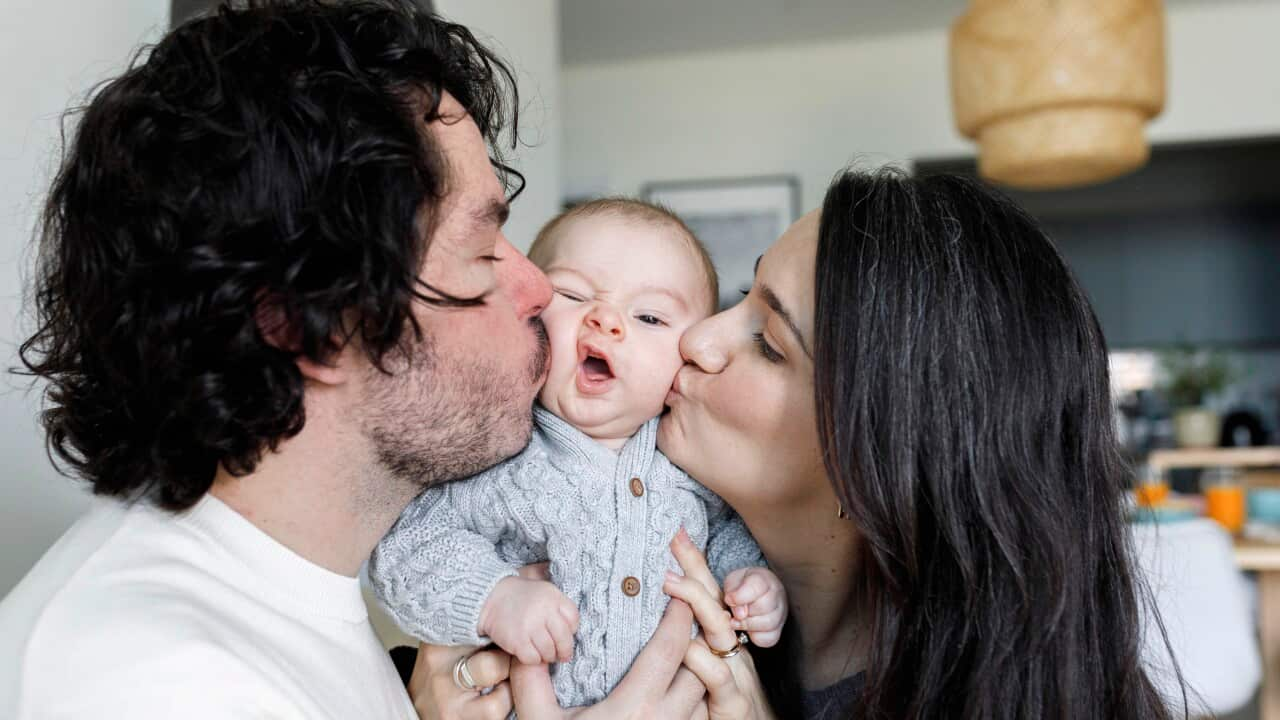Highlights
- Retirees crave a greater sense of community to avoid loneliness and isolation during COVID-19
- More retirees are considering moving out of big cities, according to a commercial survey
- Some retirees prefer to cash out their investment property to save in the bank
COVID-19 has somewhat become a game changer for retirees when it comes to choosing housing, says a recent survey of nearly 500 retirees conducted by retirement property portal Downsizing.com.au.
The website’s editor Mark Skelsey explains that one-in-three respondents are now more likely to consider moving into an over-50s housing community since the pandemic took place.
The two main drivers are a fatigue from home maintenance and an attempt to prevent further isolation and loneliness.
The same survey also showed that compared to last year, where 15 per cent of respondents longed to move out of crowded city environments, 18 per cent are now more likely to make the shift. Downsizing.com.au has seen a big shift in search activity towards Queensland amid COVID-19.
Downsizing.com.au has seen a big shift in search activity towards Queensland amid COVID-19.

Retirement village Being social at retirement home Source: Getty Images/Yoshiyoshi Hirokawa
Skelsey says that is potentially due to the state being perceived as a safer, more spacious and decentralised regional state.
Ironically, it’s one of the harder states to get into to actually move at the moment.
The Property Council of Australia’s executive director of retirement living Ben Myers is also seeing the same trend emerging out of the coronavirus pandemic.
He notices more retirees now opting for a sense of community in their housing preferences.
Myers says Australia’s retirement and land lease communities have stood out as places where people have been able to continue some normalcy with driveway afternoon teas or driveway happy hours where people can talk to their neighbours across the street.
That’s something you can’t really do if you are not familiar with your neighbours.
While Australia’s first recession in almost three decades has put many renters under financial stress, University of Adelaide lecturer in property Peter Koulizos says things have not been as bad as earlier forecasts for retirees who own an investment property.
Koulizos says while investors may have experienced their tenant leaving or asking for a reduction in rent, 85 per cent of investors did not see any difference in their rent whether it was a tenant asking for a reduction or the tenant leaving.
It didn’t take that long to get another tenant at a similar rent.
Koulizos says while there has been some shift among city dwellers to rent in regional areas due to a greater demand to work from home, it’s not necessarily the case for older migrant retirees as working from home is often not applicable to them.
But what is very important to them is being close to family so if their family is hanging around, they want to be close to their grandchildren.
Meanwhile, South East Queensland real estate agent Anna Khandhar has noticed more families moving into bigger multigenerational households amid COVID-19 due to financial pressures when one spouse, one child or one parent loses their job.
That way, there is only one tenancy instead of having two, three different homes.

Source: Getty Images/10, 000 Hours
Koulizos who has studied the Australian property market in the last three recessions believes that bargains will be few and far between as the last thing Australians will do is to sell their own home.
This is backed by the latest CoreLogic data of a small reduction in housing value over the last three months with Sydney prices dropping by 2.1 per cent, Melbourne by 3.5 per cent, Brisbane by 0.9 per cent, Perth by 1.6 per cent, whereas Adelaide increased by 0.1 per cent.
Even though there are not a lot of people interested in buying property, there’s a lot less people interested in selling property so that’s really kept our property prices up.
Ray White’s group managing director Dan White is pleasantly surprised by the resilience of the Australian property market.
With banks allowing mortgage deferrals and offering low interest rates, White says now is a good time to sell as there may be more stock available to push prices down after government support such as Job Keeper runs out next year. Skelsey says amid limitations for potential buyers to physically check out properties in Melbourne or other states and territories, many operators have come up with new and interesting ways to show homes virtually in detail that did not exist before COVID-19.
Skelsey says amid limitations for potential buyers to physically check out properties in Melbourne or other states and territories, many operators have come up with new and interesting ways to show homes virtually in detail that did not exist before COVID-19.

Source: Getty Images/Koron
We’ve had examples of people actually willing to purchase properties just on the basis of video tours.
But Koulizos urges eager buyers to exercise caution amid lockdowns and border closures as there will be a time when buyers can examine properties in person again.
Don’t go and spend hundreds of thousands of dollars or more on a property that you or somebody that you trust has not even seen.
In other Australian states and territories though, White reports seeing strong housing activities from younger buyers who are taking advantage of the current low interest rates and mortgage repayment holidays to purchase their first home.
Investors, on the other hand, are waiting for the storm to pass before shopping again.
White says people wanting to exit their investment properties have not had as much demand for their properties as the traditional owner-occupied market.
People who have capital, they are just leaving it in the bank and those with a few investment properties might have sold those assets in a good market and put it in the bank.

Rural lifestyle Source: Getty Images/Cavan Images
It contrasts the 1990s recession where Australia experienced unemployment of 11 per cent and interest rates of 17.5 per cent while the current forecast of unemployment is 10 per cent and interest rates are as low as 3.5 per cent.
We are much better positioned this time around to cope with either keeping our homes or keeping our investment properties.







